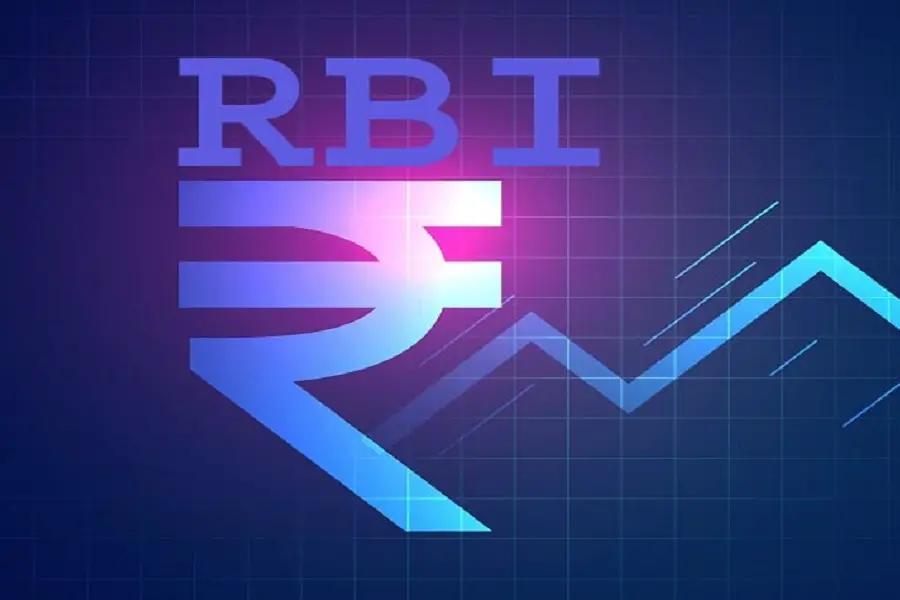
Financial Year 2025 Growth Rate to Remain at 7% for India, Need to Align Inflation Rate: RBI Bulletin
The Reserve Bank of India (RBI) estimates that India's economy will grow at a rate of 7% in the financial year 2025, but this projection may be revised during the Monetary Policy Committee (MPC) meeting scheduled for February 8.
On Thursday, the RBI released its monthly bulletin, emphasizing the importance of maintaining the current growth rate and aiming for a minimum 7% real GDP growth in the next financial year amidst a backdrop of broad economic stability.
In an article titled 'State of the Economy,' the RBI highlighted diverse possibilities for global economic growth in the near future, with Asian economies emerging as leaders in outperforming the rest of the world. The article stated, 'The growth rate of the Indian economy is expected to remain robust in 2023-24, surpassing initial expectations, driven by a shift from consumption to investment.'
At the beginning of this month, India's statistical office estimated an annual growth rate of 7.3% for the ending financial year in March, the highest among major global economies.
Possibility of Revised Growth Rate by RBI
The RBI projects a growth rate of over 7% for India in the financial year 2025, but this may be subject to adjustment during the MPC meeting on February 8.
Stability in Inflation Rate Needed
The central bank stressed the importance of aligning the inflation rate with the target by the second quarter (Q2) of the year. It also emphasized the need for financial institutions to strengthen their balance sheets and improve asset quality. The RBI suggested continuing the ongoing consolidation of fiscal and external balance sheets.
Adapting to Transformative Technological Changes
The bulletin highlighted the necessity of leveraging the benefits of transformative technological changes in an inclusive and collaborative development environment, free from unnecessary risks.
Resolution of Land-Political Conflicts
The RBI emphasized the need to end land-political conflicts and mitigate their impact through controlled channels such as commodity and financial markets, trade, transportation, and supply networks. Resolving such conflicts could potentially turn the global outlook from pessimistic to positive.
End of Inflation Rate Crucial
In a separate article on the impact of food prices on inflation rates, the RBI noted that significant and sustained changes in food prices could permanently affect headline inflation.
Impact of Recent Attacks on Commercial Ships in the Red Sea Trade Route
The RBI acknowledged the pressure on the global supply chain due to recent attacks on commercial ships in the Red Sea trade route. The crisis led to rerouting through the Cape of Good Hope in South Africa.
Government Capex: RBI's Perspective
Deputy Governor Michael Debabrata Patra's team at the RBI suggested that the government's increased capital expenditure is beginning to show positive effects, leading to a rise in private investment. The country is experiencing a gradual increase in potential production, although there is still a gap.
According to the RBI bulletin, 'Most importantly, government capital expenditure has created a positive environment for investment, requiring participation from companies, and their leadership is crucial in this matter. Additionally, there should be direct foreign investment (FDI) as a supplementary measure.'"












